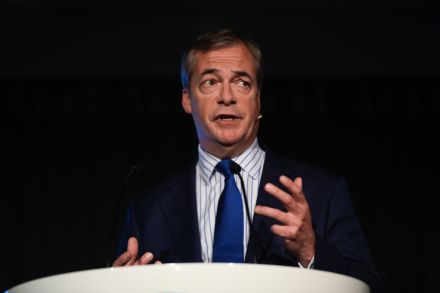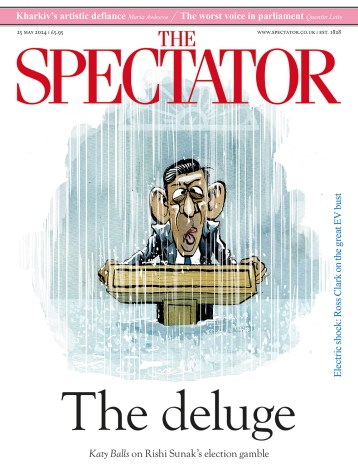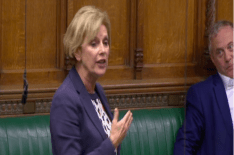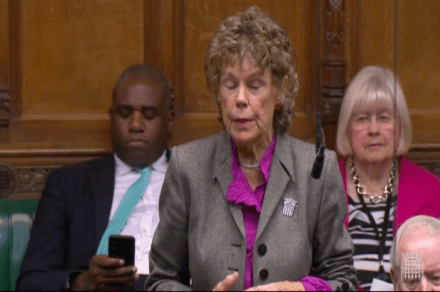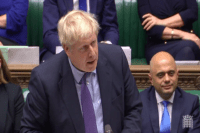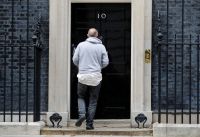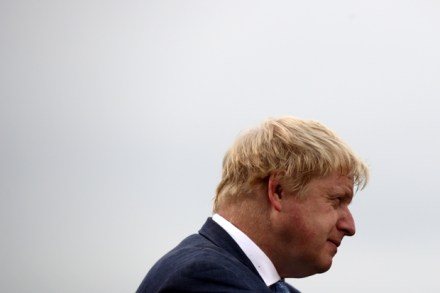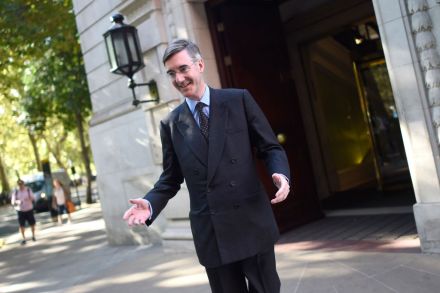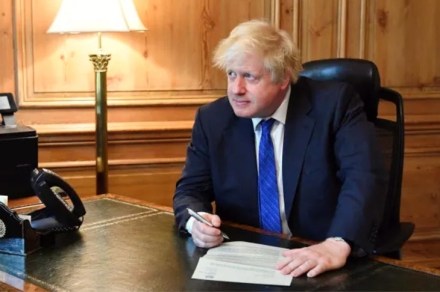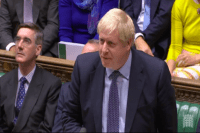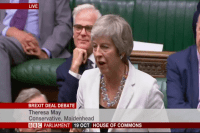The Brexit party crack-up
At the start of the year, the Brexit party didn’t exist. When it roared to success a few months later in the European parliamentary elections, much was made of how unlike a normal party it was. Nigel Farage was fond of telling audiences that his MEPs included Tories and former members of the Revolutionary Communist party. What else could unite them, he would ask, but the need to leave the European Union? Yet that common cause is now proving to be the party’s undoing in the wake of Boris Johnson’s Brexit deal. While Theresa May’s agreement was panned almost instantly, reaction to Boris Johnson’s Brexit deal has been mostly positive.
